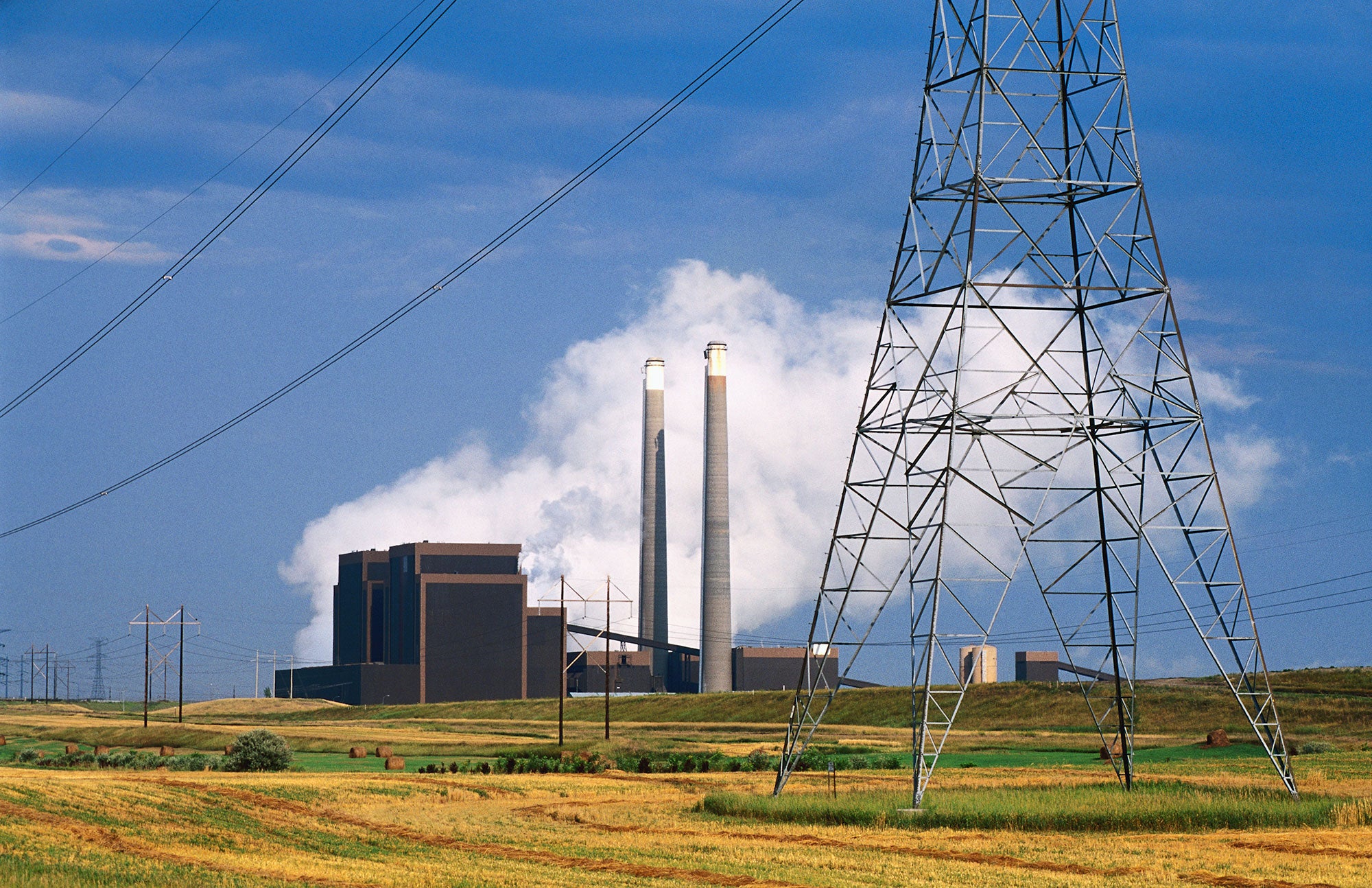Trump Administration Proposes Giving North Dakota Authority to Oversee Toxic Coal Ash, Raising Concerns about Drinking Water and Health
Decisions pending on other state requests
Contacts
Kathryn McGrath, kmcgrath@earthjustice.org
Today, the Trump administration issued preliminary approval for North Dakota’s application to take over permitting and monitoring coal ash dumps in the state. By law, such an approval is not final until a public comment period is held and the Environmental Protection Agency (EPA) responds to those comments in a final decision.
In the coming months, the EPA is also expected to decide on the same request by other states that have already applied or are expected to apply soon (Wyoming, Alabama, Indiana, and West Virginia).
Lisa Evans, senior counsel at Earthjustice, which represents Dakota Resource Council, Sierra Club, and Western Organization of Resource Councils, said, “This could be terrible news for people in North Dakota. The Trump administration is ignoring the fact that coal is not as beautiful when its toxic waste is contaminating water. I’m really worried about the people that live near toxic coal ash in North Dakota and fear things will get worse without federal oversight. Turning over responsibility for toxic coal ash to several states, including North Dakota, would be a major blow to protecting the public’s health and the environment. Georgia has demonstrated how wrong it can go.”
Scott Skokos, Executive Director of Dakota Resource Council, said, “EPA’s proposed decision to grant primacy to North Dakota surrounding coal ash is misguided. For decades it has been shown that the majority of North Dakota coal plants have been emitting pollutants far above federal standards. In addition, only half of North Dakota’s coal ash pits are lined, which further contributes to groundwater contamination. EPA should be taking away North Dakota’s ability to regulate and permit coal ash disposal, rather than granting primacy.”
Representative Lisa Finley-DeVille (District 4a) and Board member of Dakota Resource Council, said, “The proposed decision by EPA to give North Dakota primacy over coal ash disposal is irresponsible. North Dakota’s coal ash pits have polluted our water with pollutants like mercury, which impacts farming, public health, and recreation (fishing). This decision allows that pollution to continue unfettered. My constituents on the Fort Berthold Reservation deserve better, which is why I plan to fight this proposed decision.”
Industry data Earthjustice analyzed show that the 16 coal ash landfills and ponds at eight North Dakota plants contain in total about 70 million cubic yards of coal ash. That’s equivalent to a football field piled over 6 miles high with coal ash. At seven of the eight coal plant sites, industry groundwater monitoring data reveal that coal ash has contaminated groundwater with hazardous chemicals above federal safe drinking water standards. These chemicals include arsenic, cobalt, chromium, lead, lithium, molybdenum, and more.
North Dakota residents rely heavily on groundwater for drinking water and agricultural use. According to data from state and federal agencies, there are 144 wells within 2 miles of the eight coal plants. Of those, 125 are domestic drinking water wells, 15 are irrigation wells, and four are public water supply wells.
Four of North Dakota’s coal plants are located in communities with a low-income population above the state average.
With EPA’s approval, states can take on responsibility for permitting and monitoring coal ash dumps, but only if they do so in a way that is at least as protective as federal requirements first adopted in 2015. That is the law. But there is a risk that states will adopt the language of the federal rule and then permit coal ash dumps in a way that allows them to continue polluting the environment and threatening public health. This has already happened in Georgia. Rules aren’t worth the paper they are printed on if they are not applied or enforced.
For the past decade, owners of coal-fired power plants largely evaded and attempted to gut federal requirements to contain their coal ash and prevent it from contaminating water. Lee Zeldin hadn’t even been sworn in yet when power companies sent him their wish list for Trump’s EPA, which included prioritizing “expeditious approval” for state primacy applications like North Dakota’s. The coal industry is asking Trump’s EPA to let them off the hook and wants states to help them do so.
The North Dakota draft approval represents the first shift of oversight over coal plant pollution from EPA to coal-friendly states. Once delegated, federal law only requires EPA review of state coal ash every 12 years.

Additional Resources
About Earthjustice
Earthjustice is the premier nonprofit environmental law organization. We wield the power of law and the strength of partnership to protect people's health, to preserve magnificent places and wildlife, to advance clean energy, and to combat climate change. We are here because the earth needs a good lawyer.